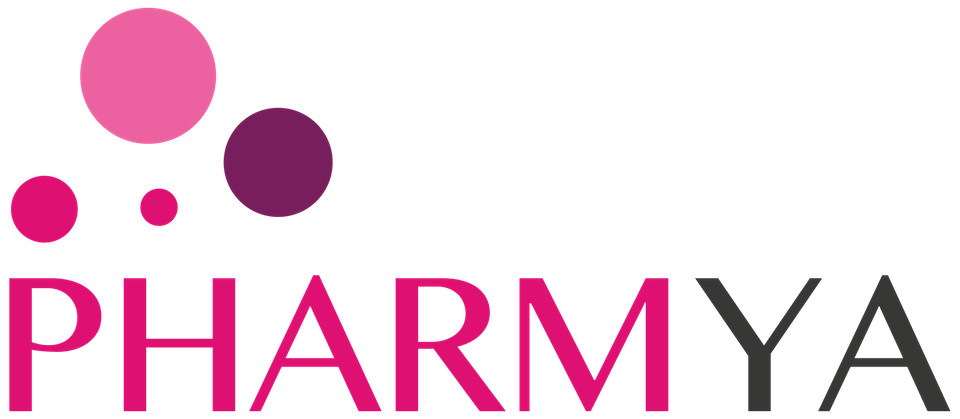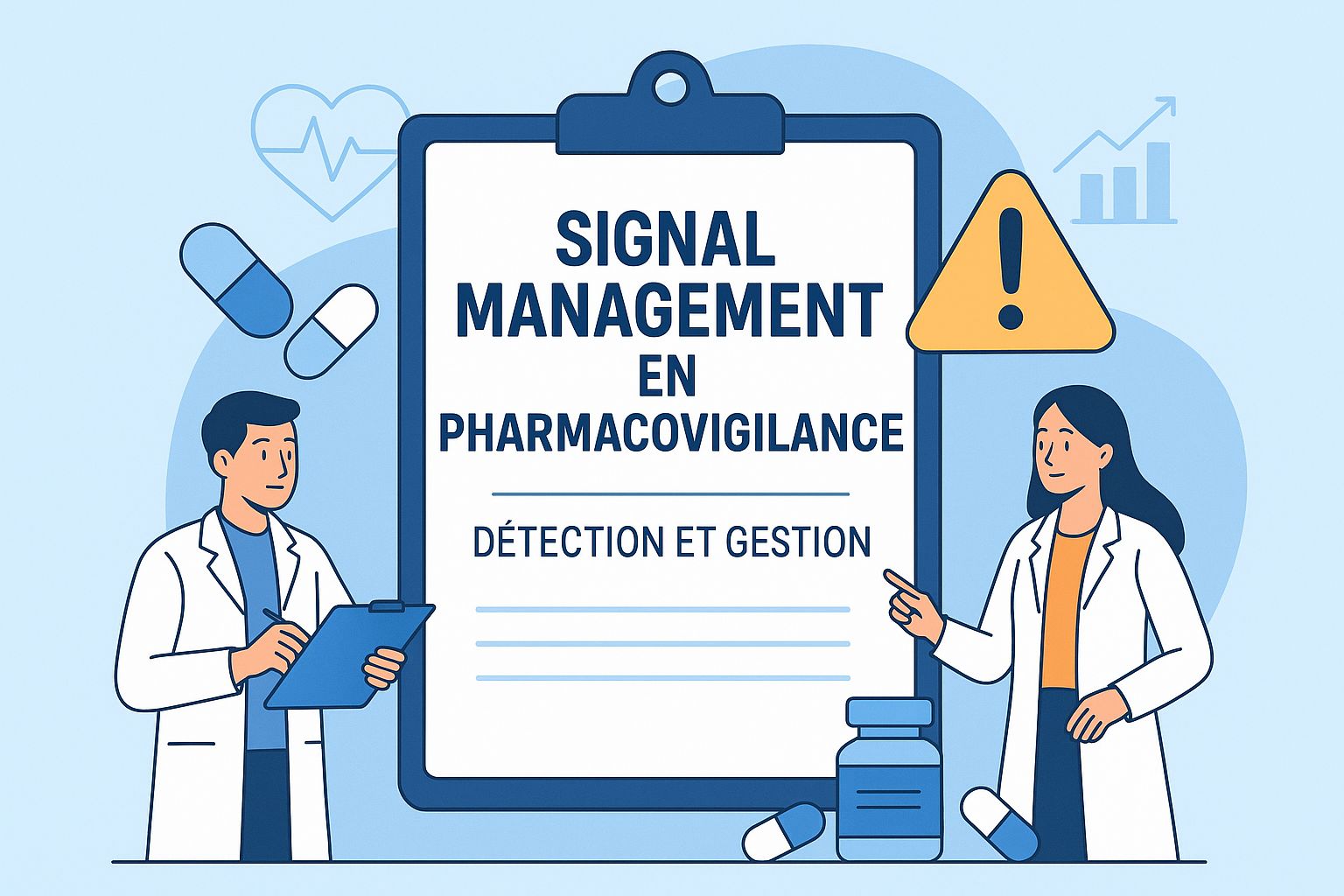Introduction 🌍
In the pharmaceutical industry, patient safety is the top priority. Pharmacovigilance relies on the rapid detection and management of signals related to adverse drug reactions (ADRs). Effective signal management helps identify potential risks early, protect patients, and ensure regulatory compliance. 💡
What is a signal in pharmacovigilance? 🧐
A signal is any information suggesting a possible link between a drug and an adverse effect that requires further investigation. Signals may come from:
- Internal sources: patient or healthcare professional reports, clinical trials, internal databases 📊
- External sources: scientific publications, regulatory alerts, specialized social media 🌐
Signal Detection 🔍
Signal detection is crucial for anticipating risks:
- Continuous database monitoring: EudraVigilance, FAERS, VigiBase 📰
- Statistical and qualitative analysis: disproportionality methods, case reviews 📈
- Scientific and regulatory intelligence: published articles, health authority recommendations ⚙️
Signal Handling ⚡
Once detected, signals must be managed rigorously and promptly:
- Initial assessment ⏱️: validate the signal and assess its seriousness
- In-depth analysis 🧠: examine clinical data and trends
- Corrective actions 🚀: update product labels, communicate with authorities, provide guidance to healthcare professionals
- Follow-up and documentation 📌: monitor outcomes and report to regulatory bodies
Benefits for the Pharmaceutical Industry 🎯
Effective signal management allows companies to:
- Protect patient health ⚠️
- Reduce legal and regulatory risks ✅
- Enhance credibility and trust in products 🌟
- Improve the effectiveness of drug safety decisions 💊
Conclusion ✨
Signal management in pharmacovigilance is essential for anticipating and managing drug-related risks. Proactive detection and rigorous management of signals not only protect patients but also strengthen regulatory compliance and pharmaceutical reputation. 🌐
Interested in learning more about our services?
We’ll get back to you promptly



